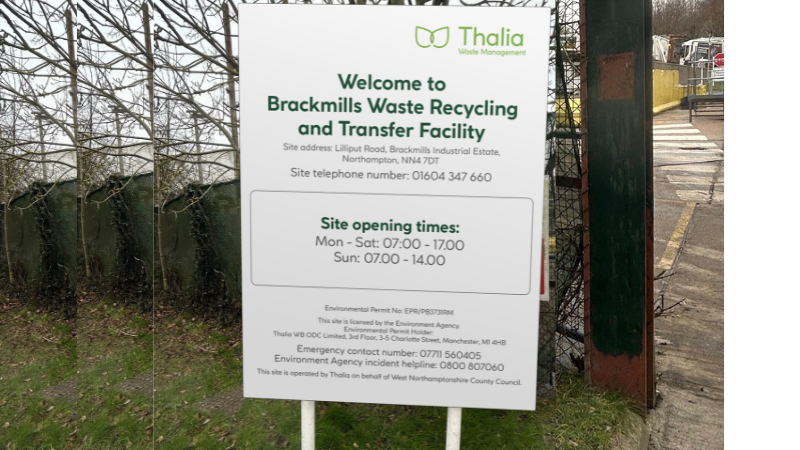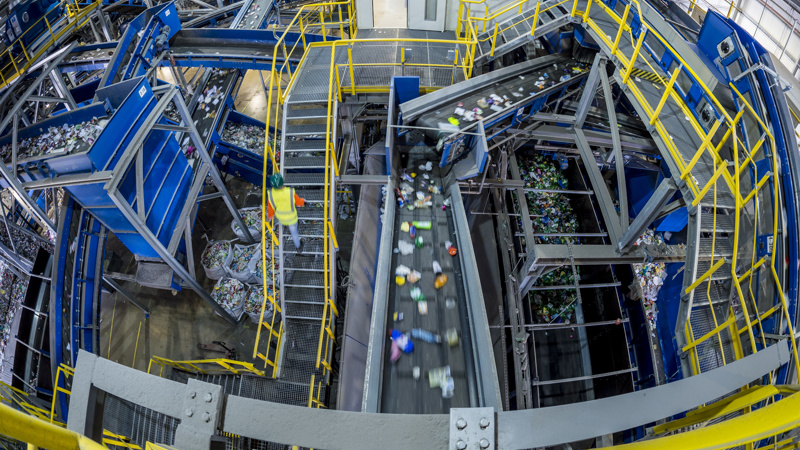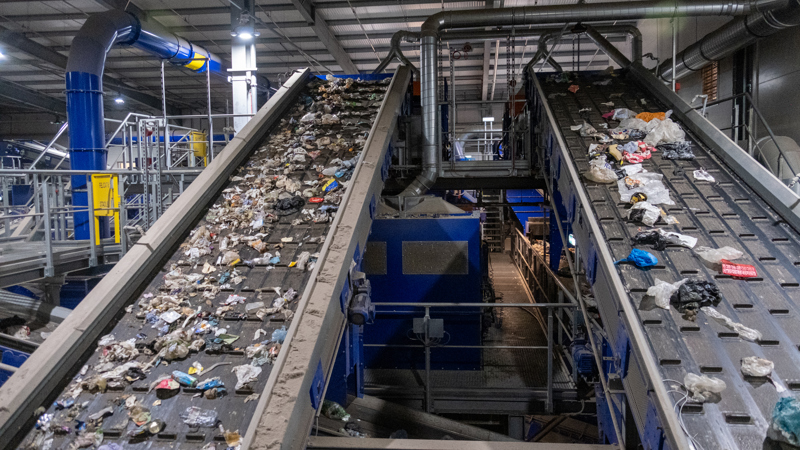Fight Fast Fashion with Thalia

Fight Fast Fashion with Thalia - that's the message behind our new textile social media campaign launching this week.
The fashion industry has always contributed a lot to global carbon emissions, water depletion, and waste generation. The United Nations Environment Programme says it makes up about 10% of all carbon emissions. This makes it one of the biggest polluters.
This campaign encourages all of us to think about the environmental impact of fast fashion and fight back by using sustainable practices such as reusing, upcycling, and recycling clothes.
Every week, we will provide tips on reducing fashion waste and making a difference, one item at a time.
We all love a good deal, but the fast fashion industry is growing rapidly. In 2023 alone, its market size increased by £7.7 billion worldwide. However, this growth also means a greater environmental impact.
A textile landfill site is slowly taking seize of Chile’s Atacama desert. From space, you can see the clothes mountain made up of 60,000 tonnes of discarded clothing. The Atacama landfill is located near Iquique’s poorest areas. It has produced a significant amount of waste. The United Nations has called it an environmental and social crisis.
The massive mountain of fast fashion landfill can now be seen from space, with satellite images capturing the growing Atacama desert dumpsite in Chile.
We envision a world where fashion coexists with the environment. We want to help people choose sustainable fashion and embrace reusing, upcycling, and recycling.
To support sustainable fashion, you can host local events like clothing swaps and upcycling workshops. Another way is to wash your clothes less frequently and at a lower temperature.
Join us in our quest to revamp the fashion industry and embrace a more sustainable future. Together, we can make a significant impact, one garment at a time.
Fast Fashion – the facts
- Each year, manufacturers produce 100 billion items of clothing, which amounts to nearly 14 items for every human being on the planet.
- Every second, one garbage truck worth of textiles is thrown away in landfills or burned. (Source: Ellen MacArthur Foundation)
- Every year, around 85% of all textiles end up in landfills. It takes hundreds of years for them to decompose. (Source: Ellen MacArthur Foundation)
- Extending the life of a garment by just nine months reduces its carbon footprint by 20-30%. (Source: WRAP)
- The amount of clothing in household residual waste in the UK has reduced by 50,000 tonnes since 2012. The carbon footprint in UK has been reduced by 700,000 tonnes CO2 through people washing their clothes at lower temperatures, and ironing and tumble drying less frequently, and further savings are possible in this area. (Source: WRAP Valuing our clothes 2020 report)







